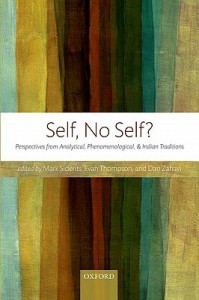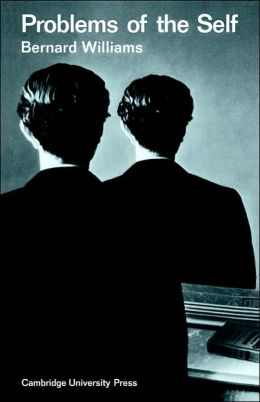Would we be better off if we took ourselves less seriously as selves?

Gary Gutting (G.G.), a philosophy professor at Notre Dame, has been publishing a series of interviews on religion in the New York Times “blog” The Stone, which features the writing of “contemporary philosophers and other thinkers on issues both timely and timeless.” Recently he interviewed Jay L. Garfield (J.G.) on the subject of Buddhism (Garfield is a philosopher, currently at Yale-NUS College in Singapore). What follows is the concluding question and answer in this fairly long and quite interesting interview.
G.G.: Won’t the fundamental denial of a self be hard to maintain in the face of the modern emphasis on individuality?
J.G.: I don’t think so. For one thing, note that the view that there is no substantial self has a history in the West as well, in the thought of Hume, and of Nietzsche. For another, note that many contemporary cognitive scientists and philosophers have either rejected the view that there is such a self, or have defended some variety of a minimalist conception of the self. So the doctrine isn’t as secure in the non-Buddhist world as one might think. Read more



